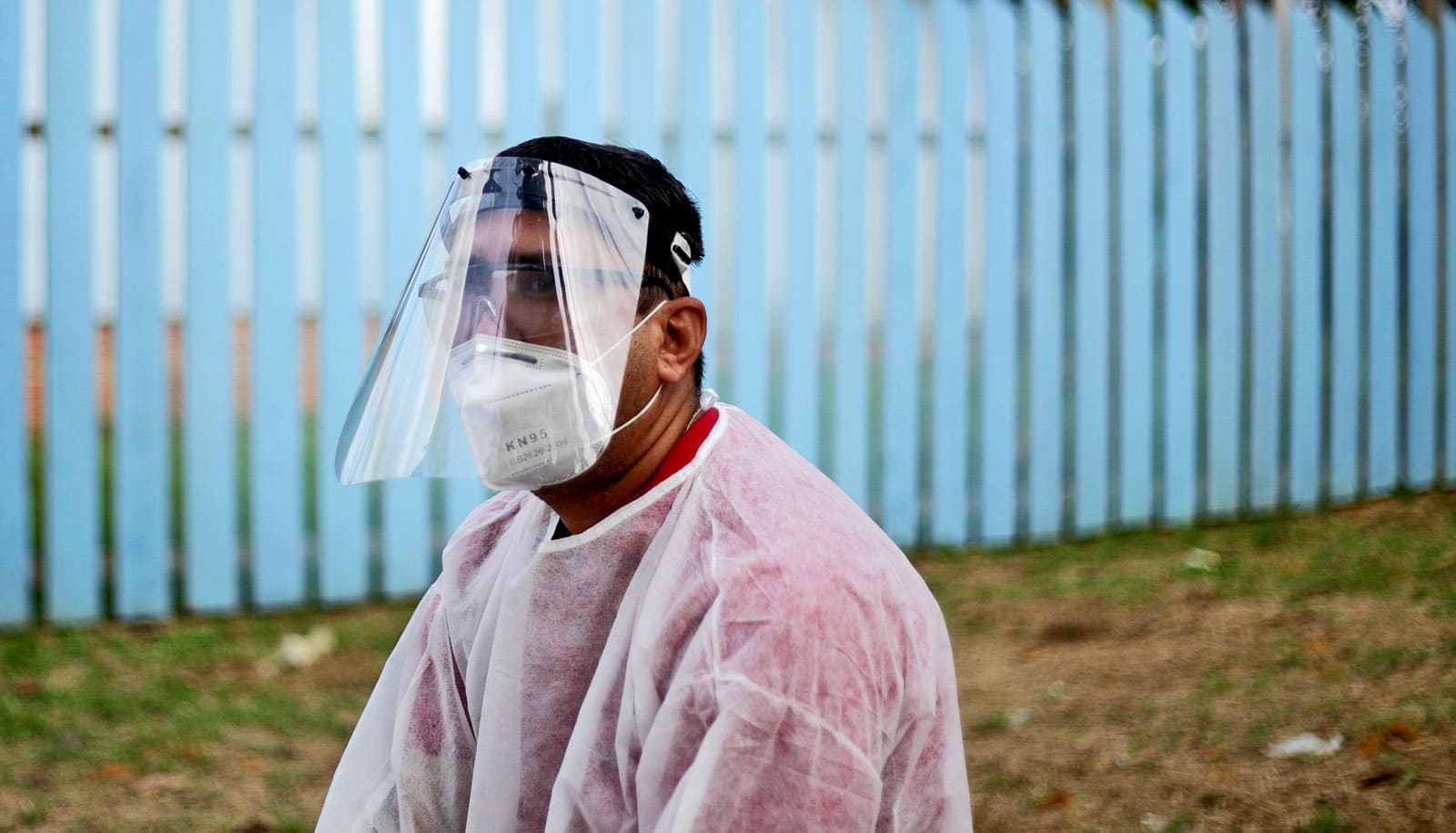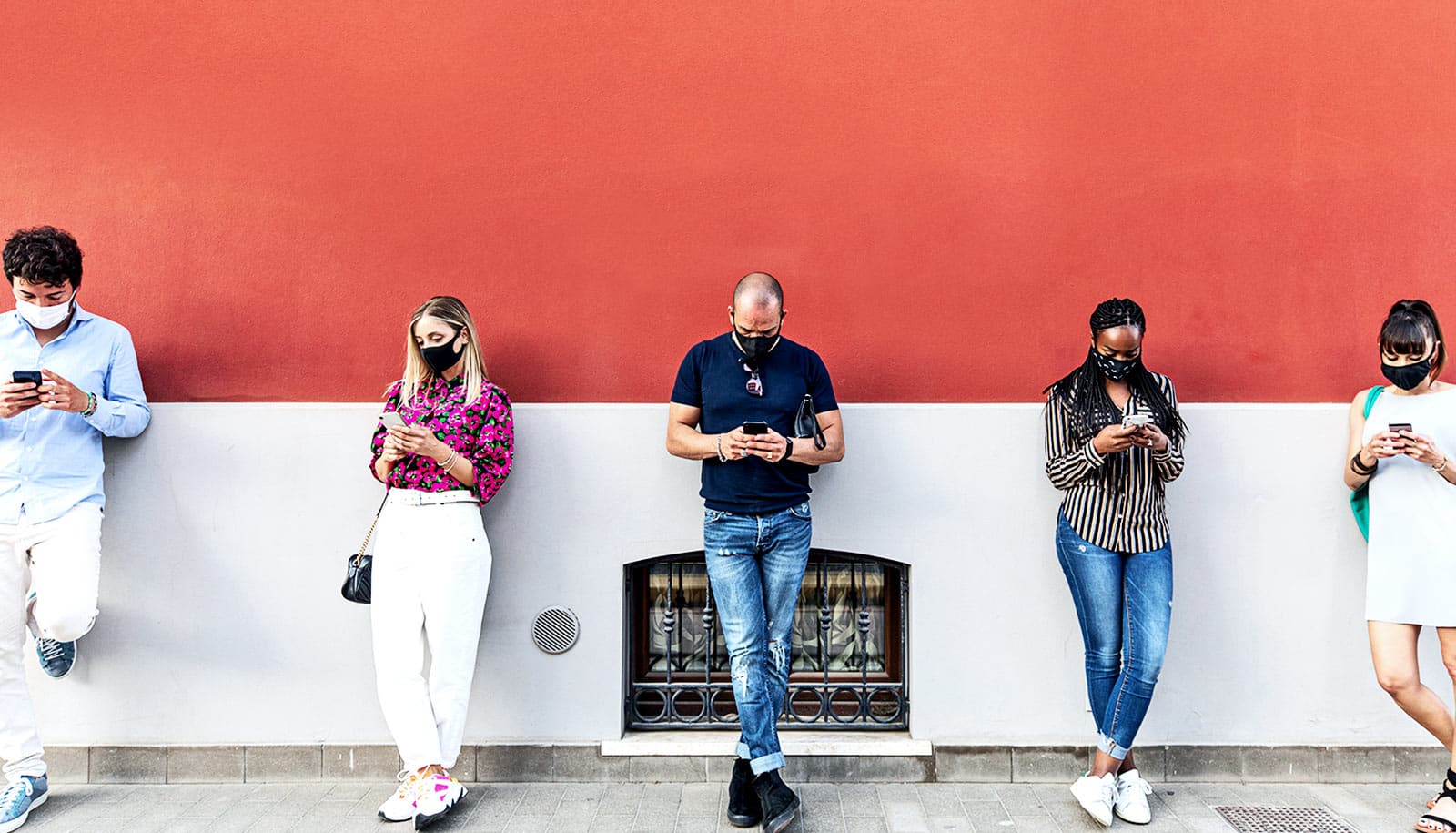Fear in response to COVID-19 causes people to think more rigidly and makes it harder for them to recognize misinformation and more likely to spread it, according to new research.
In the binational study conducted during the early months of the pandemic, researchers examined the influence of fear of COVID-19 on several social and cognitive factors among 565 adults living in Italy and the US.
The greater effect coronavirus fears had on an individual, the more likely they were to:
- misidentify and spread false or misleading information;
- accept unverified information and share it, regardless of accuracy; and
- believe untrue existential statements to be profound.
The researchers also analyzed participants’ propensity for polarized or “black-or-white” thinking and xenophobia, among other factors. The study showed that fear of the coronavirus influenced participants to engage in such rigid forms of thinking, and individuals who scored high on the polarization scale were less likely to detect misinformation and more likely to have poor problem-solving and analytical skills.
“Fear makes you a closed-minded judge.”
“Fear is one of the most powerful emotions we have, and while it’s very useful for our survival, it has a significant impact on the ‘infodemic’ we are witnessing worldwide,” says lead author Carola Salvi, a research scientist in the psychiatry and behavioral sciences department at Dell Medical School at the University of Texas at Austin.
Participants in the study responded to an extensive online survey conducted during March and April of 2020 at the peak of the initial spread of the virus. In addition to queries about their beliefs and experiences with COVID-19, respondents answered questions about the accuracy of real and fake news articles created by the researchers. They were also tested on their likelihood to overestimate the value of certain statements, they solved puzzles, and they answered logic problems to test their reasoning skills.
“In times of uncertainty, people often seek out information to help alleviate fear, possibly leaving them vulnerable to false information,” Salvi says.
At the beginning of the pandemic when information about COVID-19 was sparse and the world suddenly felt unstable, the positive association between coronavirus fears and the likelihood to believe and spread misinformation makes sense, Salvi says.
“Humans have a natural tendency to reduce their own fear and anxiety by looking for any information available,” she says. “They also want to feel more in control of their lives, which is probably why we saw that people who were more afraid about coronavirus started overestimating the value of seemingly profound statements that really weren’t so meaningful.”
Fear of COVID-19 also had some positive effects, according to the study. Greater fear was associated with participants seeking out information about the virus, efforts to avoid infection, and a desire to share real news with others.
“Fear makes you a closed-minded judge,” says Salvi, who warns against sharing information if there’s a question of its accuracy. She recommends a careful approach when consuming news media, with an acute awareness of the power emotions can have on humans’ ability to remain rational in the face of fear.
The research appears in the journal Frontiers in Communication.
Additional researchers from the Università Cattolica del Sacro Cuore in Milan, Italy contributed to the work, which received support from The Creativity Post.
Source: UT Austin



